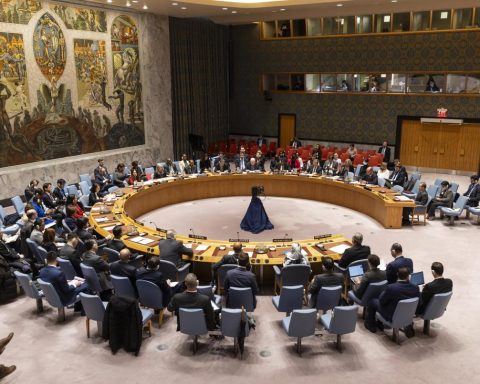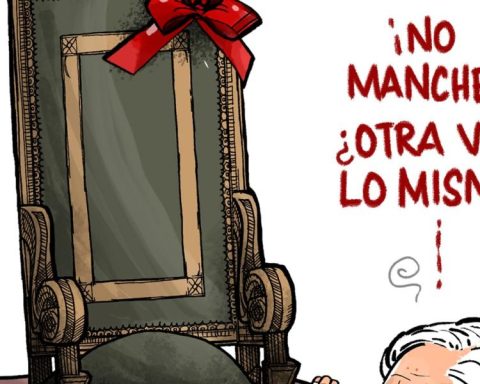Until December 15, the unions and guilds of the country have a deadline to reach a agreement regarding the increase in the minimum wage that will apply by 2023. Faced with the discussion, there is a recurring demand from the civilian population that this increase be in line with the inflation figures.
(Also: The employers’ proposal for the negotiation of the minimum wage).
It should be noted that during this 2022 the country and worldwide have registered historical inflationary figures. For November Colombia registered the highest CPI of the last 23 years reaching 12.53%.
However, according to Iván Jaramillo, in the discussion of salary, inflation, although it is taken into account, is only an update criterion. Namely, It is not the determining factor of the rise.
In the negotiation other factors are taken into account such as GDP, productivity, contributions of the minimum wage to the country and others. Colombia, in past years, has witnessed both scenarios, when wages are raised below and above the annual CPI.
The first was in 2016, when Juan Manuel Santos was president, the Government defined the increase unilaterally after an agreement was not reached. That year the increase was 7% and It was $689,455 pesos with a transportation allowance of $77,700 pesos. However, inflation in poor households exceeded that figure.
(Read: This is the scenario in which the Government would have to set the minimum).
“At that time, a claim for annulment was filed before the Council of State. However, due to judicial times, two years later the sentence was issued acknowledging that this increase did not correspond to a true update for 2016.“, explains Iván Jaramillo, a researcher at the Labor Observatory of the Universidad del Rosario.
Despite the fact that the ruling did not have a practical effect, the State Council called on the Government to take into account the CPI of all sectors as much as possible and set figures for increases higher than what is projected, he points out. Jaramillo.
The opposite case occurred this year with the government of Iván Duque, which set a historical precedent with an increase in the minimum wage that almost doubled the country’s inflation figures recorded in 2020.
The Annual inflation for 2021 was 5.62% and the salary increase was 10.7%. Almost double. However, the increase was diluted at the height of the month of March due to rising inflation.
At that time, the unions came to ask the Government for a salary readjustment due to the complex inflationary situation in the country.
(Keep reading: Workers unions propose that the minimum wage rise by $200,000 in 2023).
“The effectiveness of an increase for specific situations will depend on how efficient it is in terms of correcting purchasing power, income distribution, and how generous it is to improve the quality of life of workers.“, ends Jaramillo.
BRIEFCASE

















